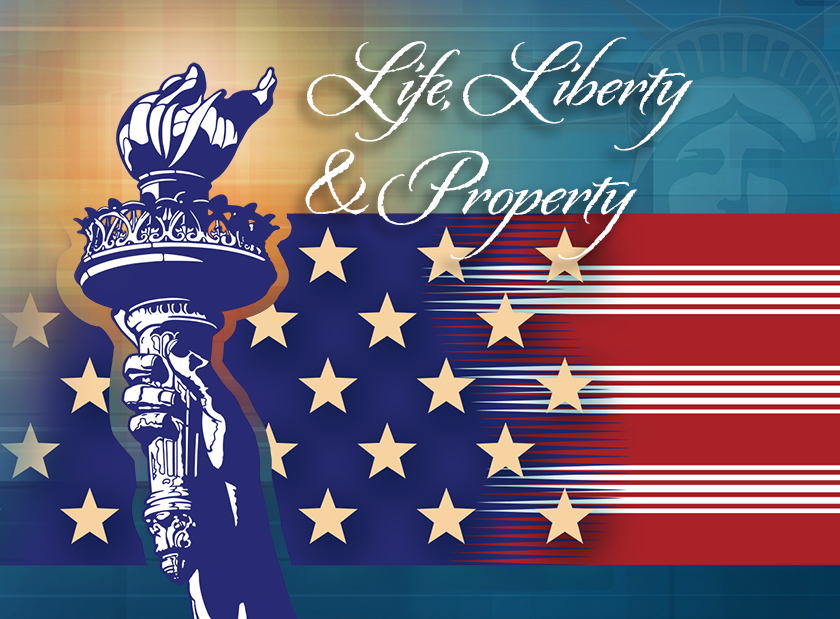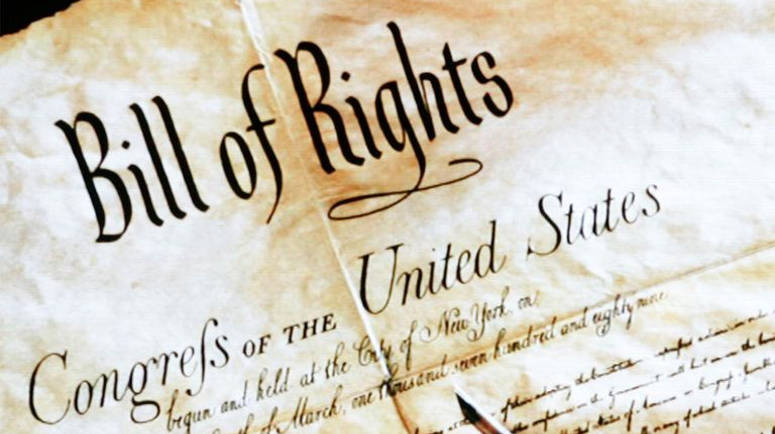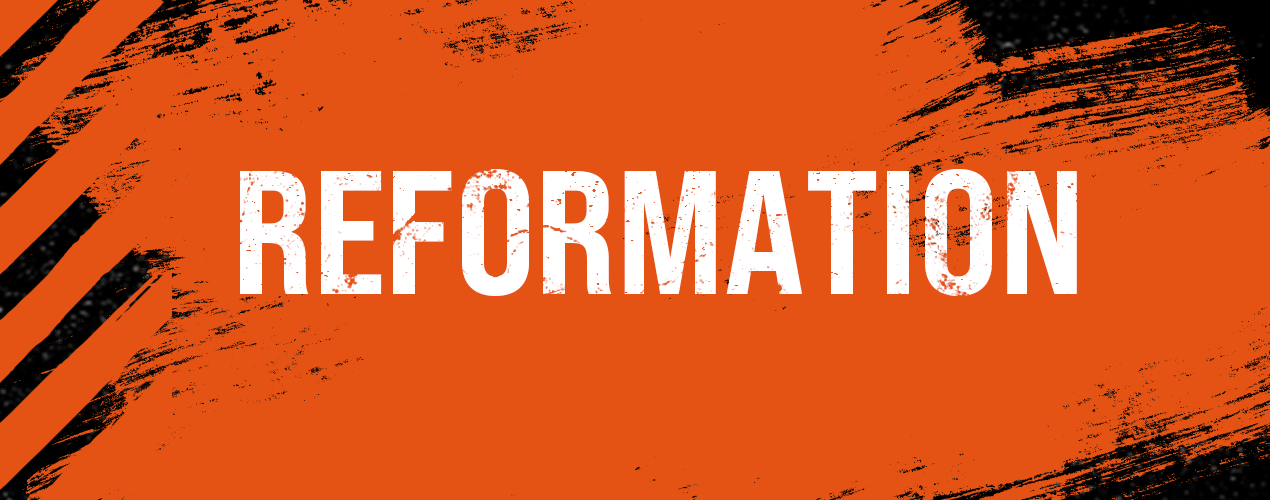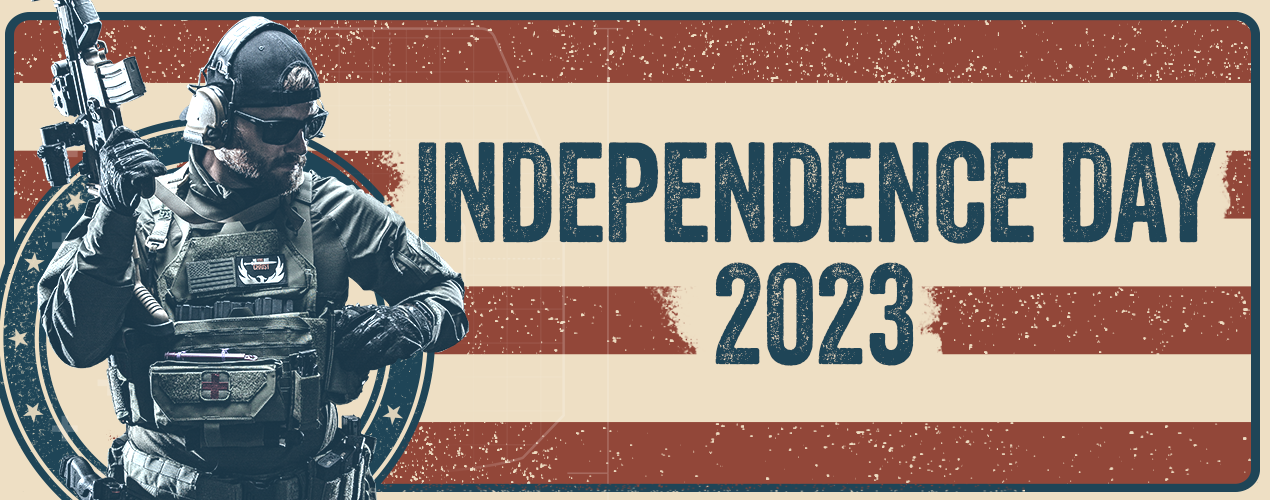Whatever Happened to Property Rights?
- Mar 1, 2021

“We hold these truths to be self-evident, that all men are created equal, that they are endowed by their Creator with certain unalienable Rights, that among these are Life, Liberty and the pursuit of Happiness.”
These words from the Declaration of Independence follow very closely to the natural rights of “life, liberty, and property” espoused by 17th Century philosopher John Locke, who strongly influenced the Declaration’s primary author, Thomas Jefferson.
Locke believed people transfer some of their rights to the government on the condition the government will “ensure the stable, comfortable enjoyment of their lives, liberty, and property.” Since Jefferson’s political beliefs aligned with Locke’s, the question often raised is why Jefferson wrote “the Pursuit of Happiness” instead of “Property.”
Life, Liberty, and Property
John Locke believed there are three natural rights:
- Life: everyone is entitled to live.
- Liberty: everyone is entitled to do anything they want to so long as it doesn't conflict with the first right.
- Property (Estate): everyone is entitled to own all they create or gain through gift or trade so long as it doesn't conflict with the first two rights.
Locke’s influence on Jefferson even wound up as part of Jefferson’s 1774 “Declaration of Rights and Grievances”, one of which proclaims the American colonies have the right “…to life, liberty, and property.”
To Locke, "property" meant more than land and goods that could be sold, given away, or even confiscated by the government. Property also referred to ownership of one's self, which included a right to personal well being, because if you didn’t have domain over your ownself, you don’t have ownership of anything.
“[The inhabitants of the English Colonies in North America] are entitled to life, liberty, and property, and they have never ceded to any sovereign power whatever, a right to dispose of either without their consent.” -- Declaration of Rights and Grievances, 1774
Private Property is Essential for Liberty
If Locke’s philosophy so strongly influenced Thomas Jefferson such that several of Locke’s passages were lifted almost verbatim from some of his writings, why did he use “..the Pursuit of Happiness” in the Declaration of Independence?
There are several reasons proposed:
- "Property" was dropped as it could call into question land ownership by the descendants of European settlers. Would people argue that Native Americans had no rights under Natural Law to the lands they owned before settlers arrived?
- Since slaves were considered property, would declaring a right to property be "endorsing" slavery?
- It sounded better.
While the “Pursuit of Happiness” is an aspirational phrase that has no real meaning, its inclusion in our Declaration of Independence doesn’t detract from the document’s intent of outlining the reasons we were rejecting the monarchy in order to rule ourselves.
The Pursuit of Happiness is Classical Liberalism
Although it appears “the Pursuit of Happiness” breaks from Locke’s philosophy, the terms "life and property," "liberty, life, and property," and "liberty and property" are scattered throughout Jefferson’s writings, clearly showing his belief that property was an unalienable part of natural law.
But he was not alone among the Founding Fathers who understood the importance of property rights: James Madison wrote, “Government is instituted to protect property of every sort,” and John Adams wrote, “The moment the idea is admitted into society that property is not as sacred as the laws of God...anarchy and tyranny commence.”
“[E]very Man has a Property in his own Person. This no Body has any Right to but himself. The Labour of his Body, and the Work of his Hands, we may say, are properly his.” - John Locke
Although the Declaration of Independence has no legal authority, the Constitution of the United States, our country’s supreme legal document, is very clear that “Property” is a right that protected by our Constitution:
- “...nor be deprived of life, liberty, or property, without due process of law;” (5th Amendment)
- “...nor shall any state deprive any person of life, liberty, or property, without due process of law;” (14th Amendment)
The change, however, wasn’t without consequence. Jefferson’s use of a nice-but-meaningless phrase was the first snowflake in the avalanche of demands from those-who-want screaming for the government to confiscate property from those-who-have. Some don’t wait for the government to confiscate the property of others…they try to take it directly. We call those people thieves and burglars.
The Founding Fathers were clear in their writings and our country’s legal documents that Property is as unalienable a right as Life and Liberty, no matter how much the modern socialist movement proclaims differently.
We at The Armored Republic strongly encourage you to learn more about John Locke’s philosophy, especially his “Second Treatise of Government” (free, via Project Gutenberg) that played such an integral part in our Nation’s founding, and how the Tools of Liberty we manufacture can help you protect your God-given rights.
“The condition upon which God hath given liberty to man is eternal vigilance.” -- John Philpot Curran














